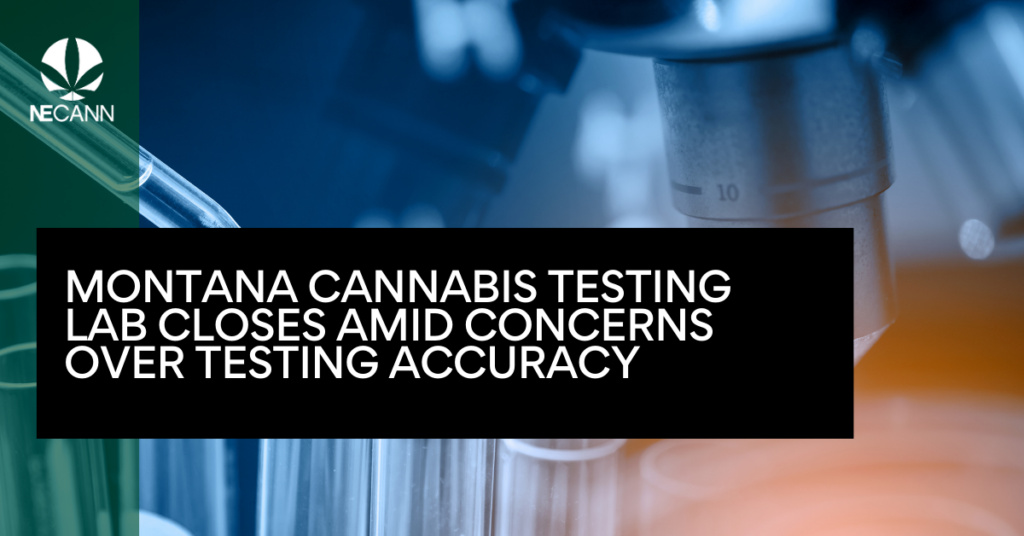One of Montana’s prominent cannabis testing laboratories, Stillwater Laboratories, has made the difficult decision to cease its operations, citing concerns about the accuracy of cannabis testing. The lab’s closure raises questions about the challenges faced by the cannabis industry, especially in states where recreational use has been recently legalized.
Owners Ron and Kristine Brost expressed apprehension regarding the state’s software system, METRC, which they believed could inadvertently approve excessive quantities of cannabis without proper testing. Their concerns were rooted in the anticipation of increased testing demands due to the surge in statewide sales following the introduction of recreational cannabis. However, they observed that the volume of testing did not align with the sales figures.
A critical issue highlighted by the Brosts is that laboratories have indirectly assumed the role of ensuring the legality of cannabis due to federal restrictions. This phenomenon, often referred to as “proxy regulation,” has been observed in other states such as California and Colorado.
“They’ve used the labs as proxy regulators because they don’t want to touch the stuff,” Kristine Brost explained.
Nathan Kosted, a former employee of Stillwater Labs, linked some of these concerns to the transition of program oversight from the Department of Health and Human Services to the Department of Revenue. He suggested that this shift might result in a greater focus on tax collection rather than health safety.
“(The Department of Revenue’s) purpose is tax collection,” Kosted stated. “They haven’t seen anyone vomiting or freaking out. The Department of Revenue is in the business of regulating income and taxation.”
In response to the issues with METRC software, Kristan Barbour, the director of the state’s cannabis program, acknowledged the challenges of adapting the tool to fit Montana’s unique regulations. She emphasized ongoing efforts to address discrepancies, including the formation of a Cannabis Control Division Inspection Unit.
Stillwater Labs also expressed concerns shared by other testing facilities regarding the apparent disparity between the increase in sales and the quantity of cannabis being tested.
“Based on the revenue that the Department of Revenue is collecting, there should be two to three times more marijuana being tested than is currently,” Ron Brost remarked.
“None of these numbers are lining up. None of the labs are adding up,” Kristine Brost added. “We have no idea where the extra (sales) volume is coming from.”
Providing data to the outlet, Barbour revealed that there was a 29% increase in samples tested between 2021 and 2022, coinciding with the period when recreational cannabis use became legal in Montana.
Despite the challenges, state Rep. Mike Hopkins, a key figure in Montana’s 2023 cannabis legislation, praised Montana’s approach to legalizing adult-use cannabis. He believes the state’s transition has been relatively smoother compared to states like Colorado or California. Hopkins emphasized the importance of sound policies and procedures, regardless of the specific tools or departments involved.
“The state had to set up this whole new industry, and it’s currently working very well,” Hopkins stated. “That doesn’t mean the discussion or conversation will end.”
He added, “You know, I look at it: Government is government. You can have whatever name you want and whatever agency. It’s about the standards and the practice. Are they doing a good job? And I think they are.”
The closure of Stillwater Laboratories and the ongoing challenges in cannabis testing underscore the complexities of regulating and overseeing the cannabis industry in evolving legal landscapes.



